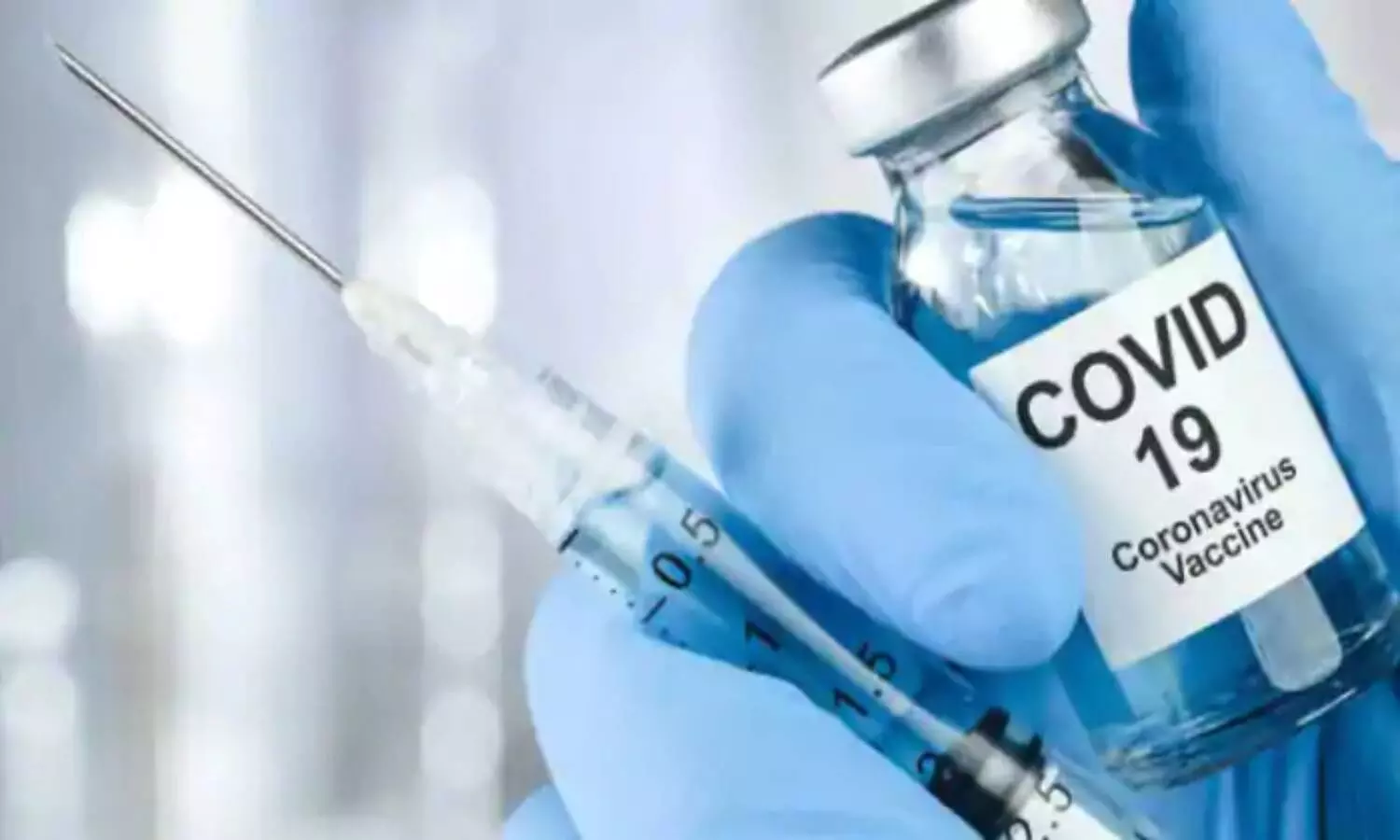All states, UTs to conduct dry run for COVID-19 vaccine on 2 Jan
The Central government is gearing up to roll out COVID-19 vaccine across the country and has asked all states and Union Territories to conduct a dry run for the vaccine on 2 January 2021 (Saturday).
By Newsmeter Network
Hyderabad: The Central government is gearing up to roll out COVID-19 vaccine across the country and has asked all states and Union Territories to conduct a dry run for the vaccine on 2 January 2021 (Saturday).
The dry run is proposed to be conducted in all state capitals in at least three session sites. Some states will also include districts that are situated in difficult terrain or have poor logistical support. Maharashtra and Kerala are likely to schedule the dry run in major cities other than their capitals.
The objective of the dry run for COVID-19 vaccine is to assess operational feasibility in the use of Co-WIN application in field environment, to test the linkages between planning and implementation, and to identify the challenges and guide the way forward prior to actual implementation. This is also expected to give confidence to programme managers at various levels.
The first round of the dry run was conducted in Andhra Pradesh, Assam, Gujarat, and Punjab on 28 and 29 December in two districts each where five session sites with 25 beneficiaries each were identified. No major issues were observed in the operational aspects during this dry run. All states expressed confidence in the operational guidelines and IT platform for large scale programme implementation.
The planning for the vaccine introduction will be according to the operational guidelines issued by the ministry on 20 December. For each of the three session sites, the concerned medical officer in-charge will identify 25 test beneficiaries (healthcare workers). The states and UTs have been asked to ensure that the data of these beneficiaries are uploaded in CoWIN. These beneficiaries will also be available at the session site for the dry run. The states and UTs shall prepare the facilities and users to be created on CoWIN application, including uploading the data of health care worker (HCW) beneficiaries.
The states and UTs have been asked to ensure physical verification of all proposed sites for adequacy of space, logistical arrangements, Internet connectivity, electricity, and safety. The Centre has also asked them to prepare at least three model session sites in each state (at state capital) for demonstration; ensure that the model sites have separate entry and exit in a 'three-room set-up' with adequate space outside for awareness generation activities; display all IEC material at these sites; ensure that all SOPs and protocols are being practiced at the identified sites in an ideal environment along with vaccination teams to be identified and trained in all aspects. The dry run will also equip the state and UT administration in management of vaccine supply, storage, and logistics, including cold chain management.
As the vaccine administrators will play an important role in the vaccination process, training of trainers and those who shall administer the vaccine has been taken up across various states. Around 96,000 vaccinators have been trained for this purpose. Also, 2,360 participants have been trained in national training of trainers, and over 57,000 participants trained in district-level training in 719 districts. States are augmenting the state helpline 104 which shall be used in addition to 1075 for any vaccine or software-related query. Orientation and capacity building of the call centre executives has taken place in the states and UTs. The states were also encouraged to use the FAQs issued by the health ministry proactively to address any queries.
An important focus of the dry run will be on the management of any possible adverse events following immunisation (AEFI). In addition, adherence and management of infection control practices at the session site, to prevent disease transmission. The mock drill will include concurrent monitoring and review at the block and district levels and preparation of feedback. The state task force shall review the feedback and share it with the Union health ministry.
States and UTs were also asked to address the communication challenges by taking into confidence all the concerned stakeholders and by augmenting the community engagement 'Jan bhagidari' through innovative strategies.
A detailed checklist has been prepared by the Union health ministry and it has been shared with the states and UTs to guide them in the dry run.